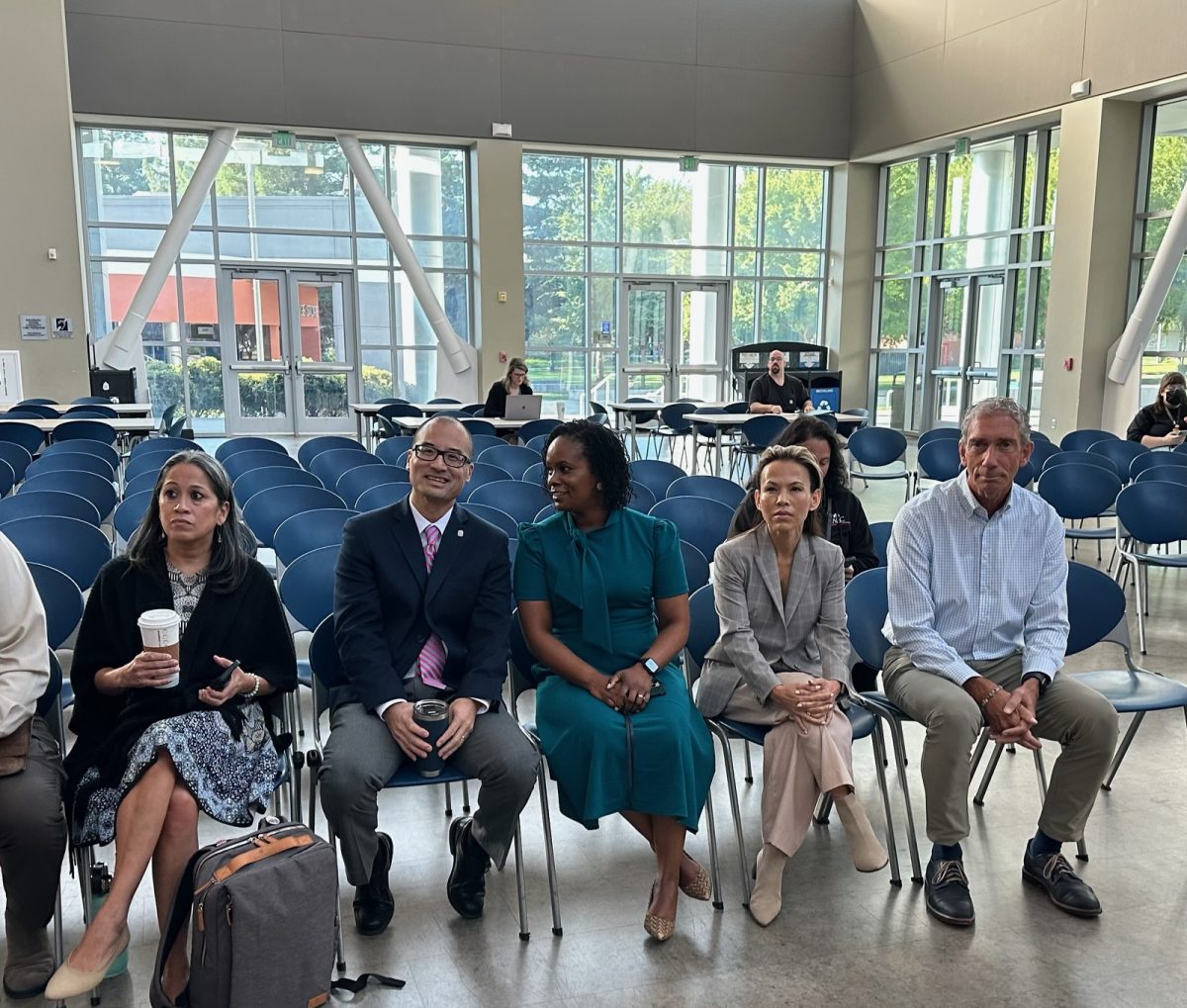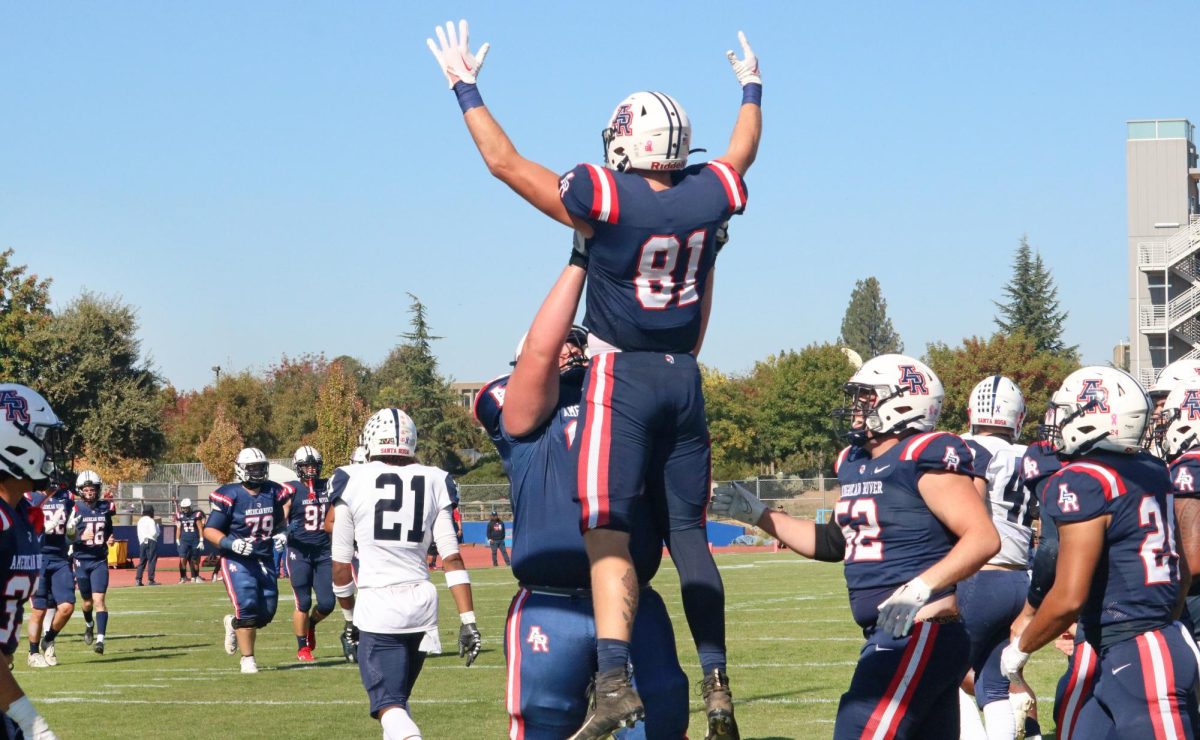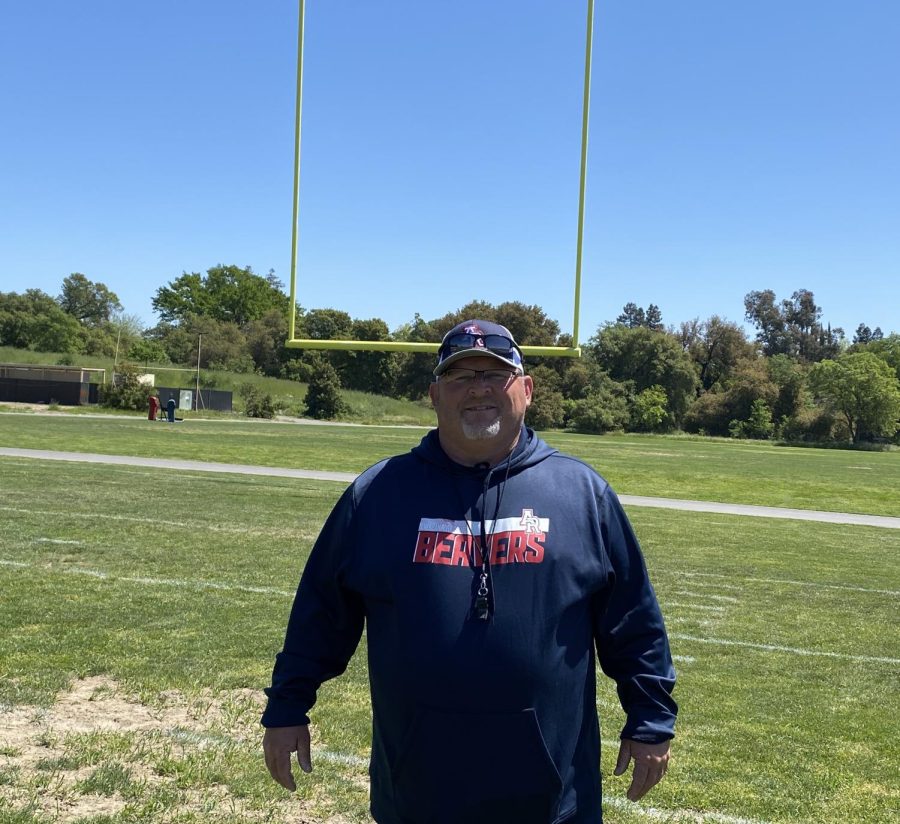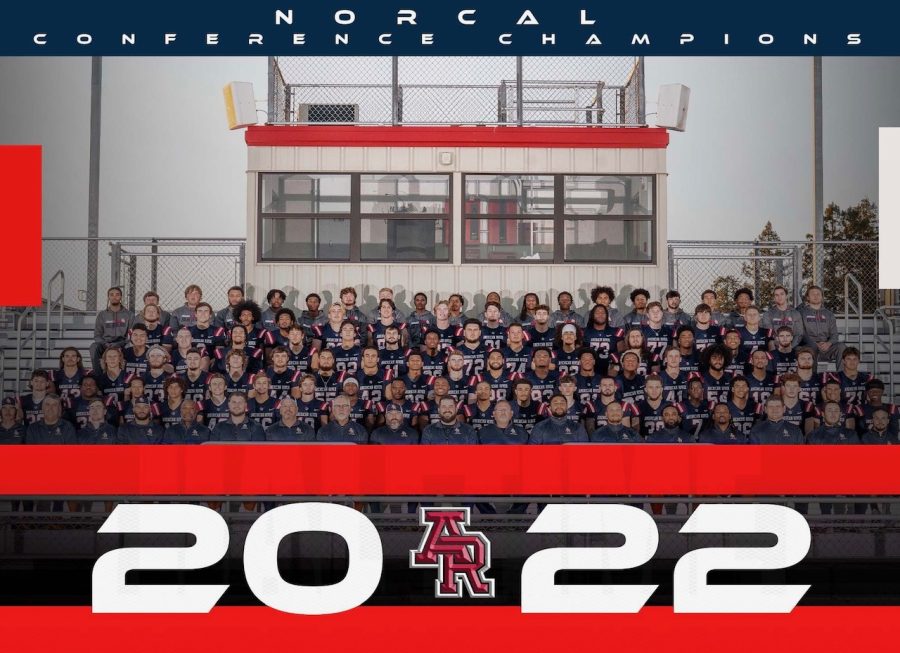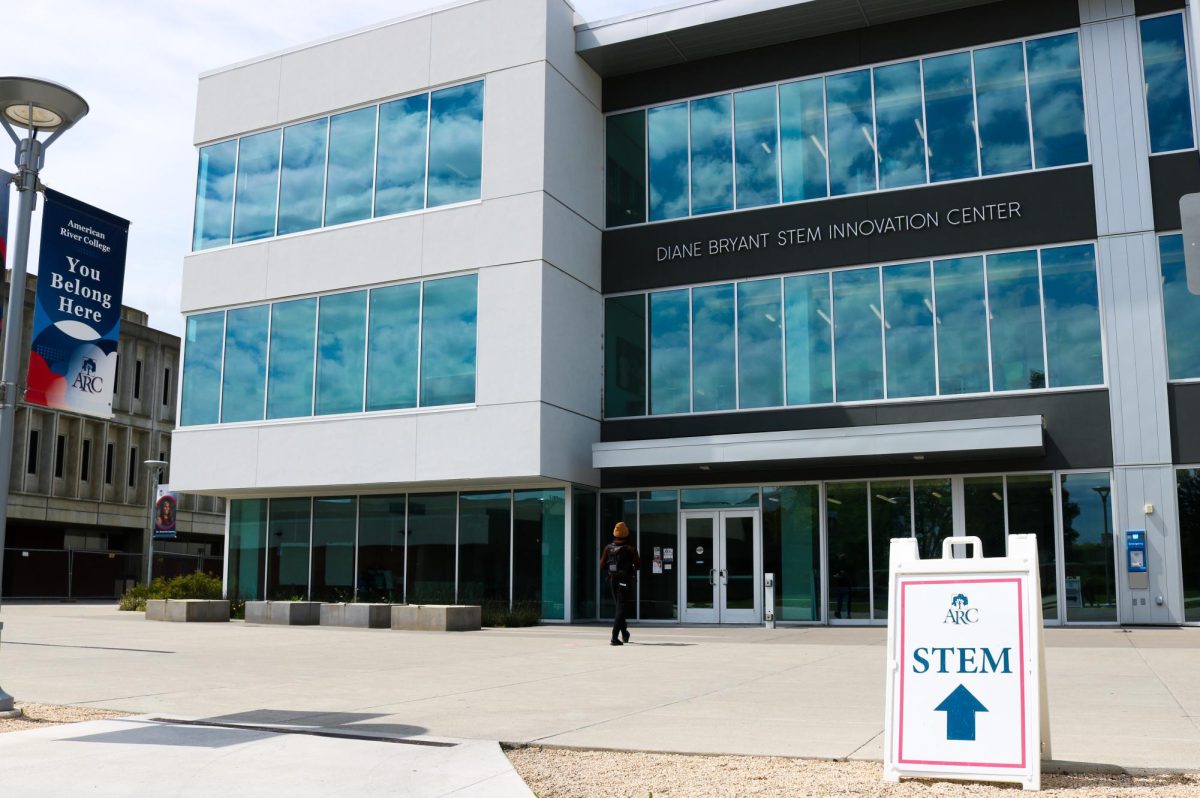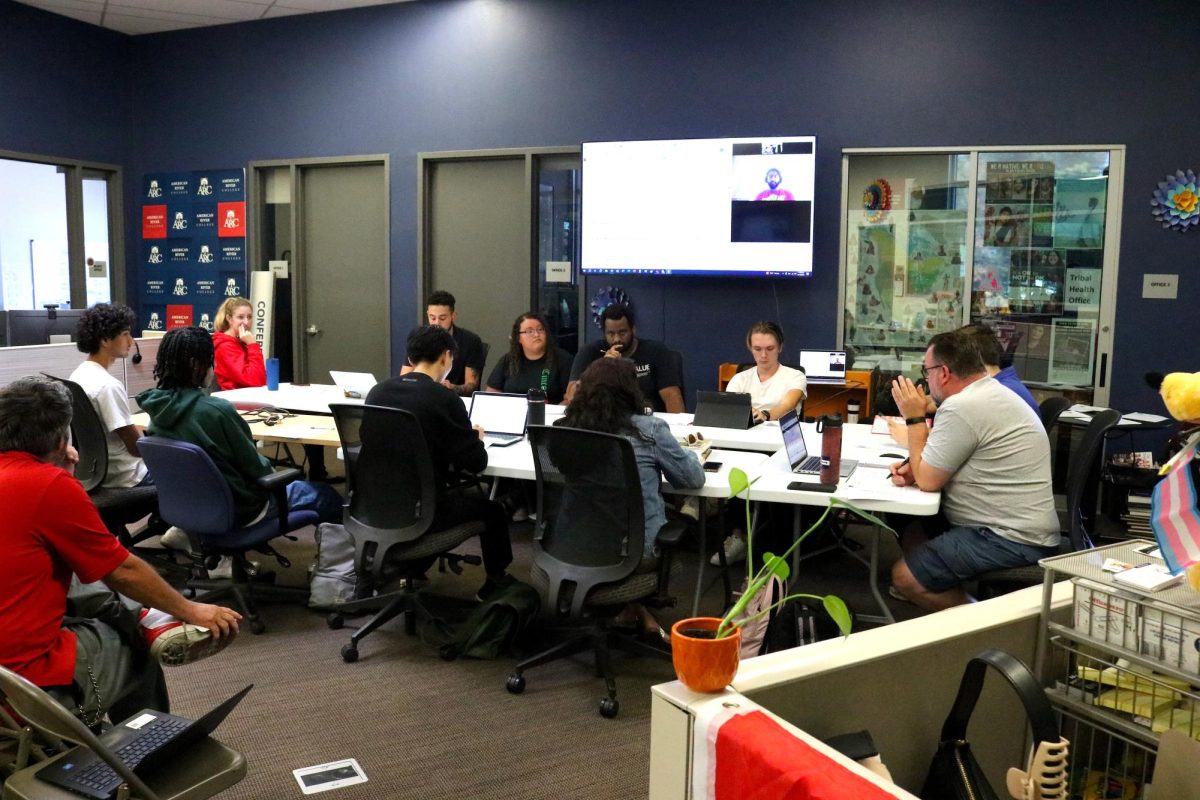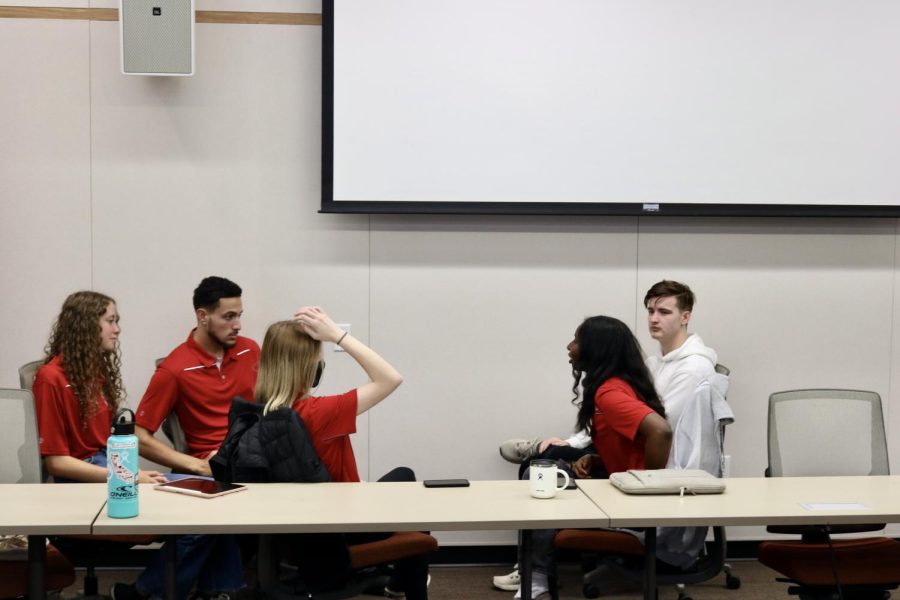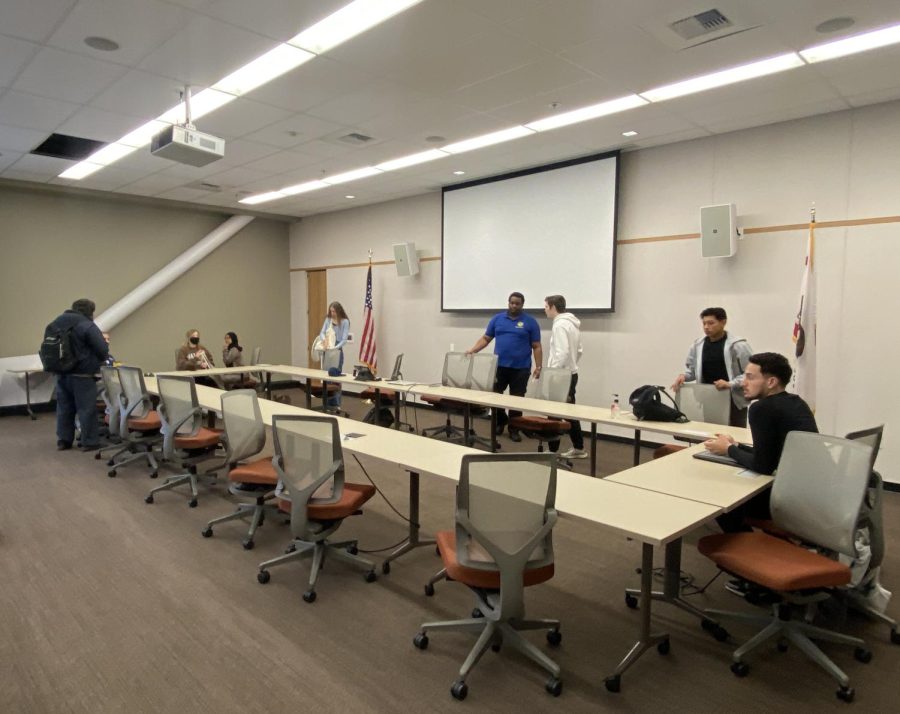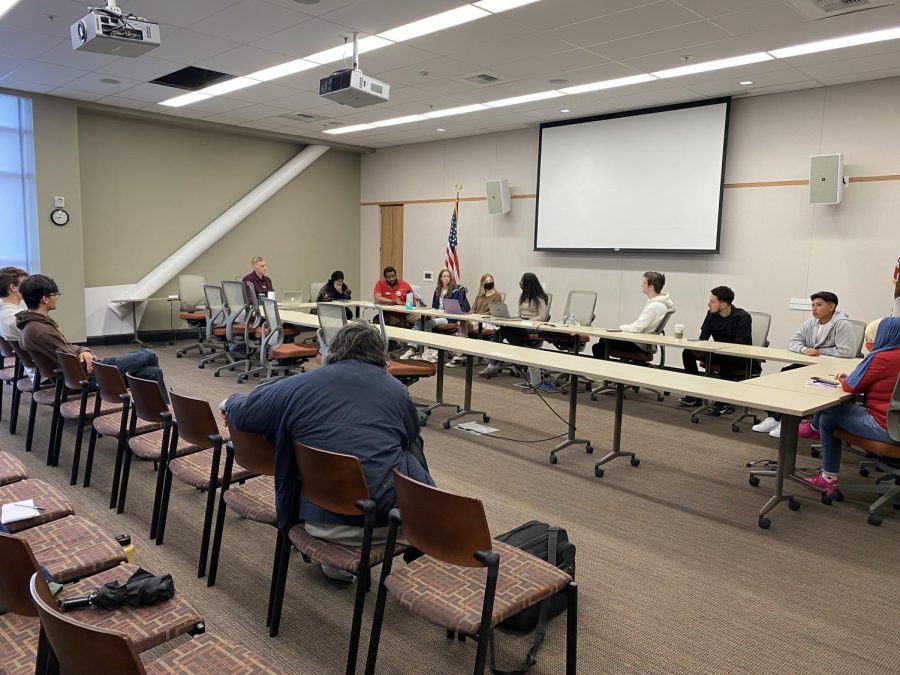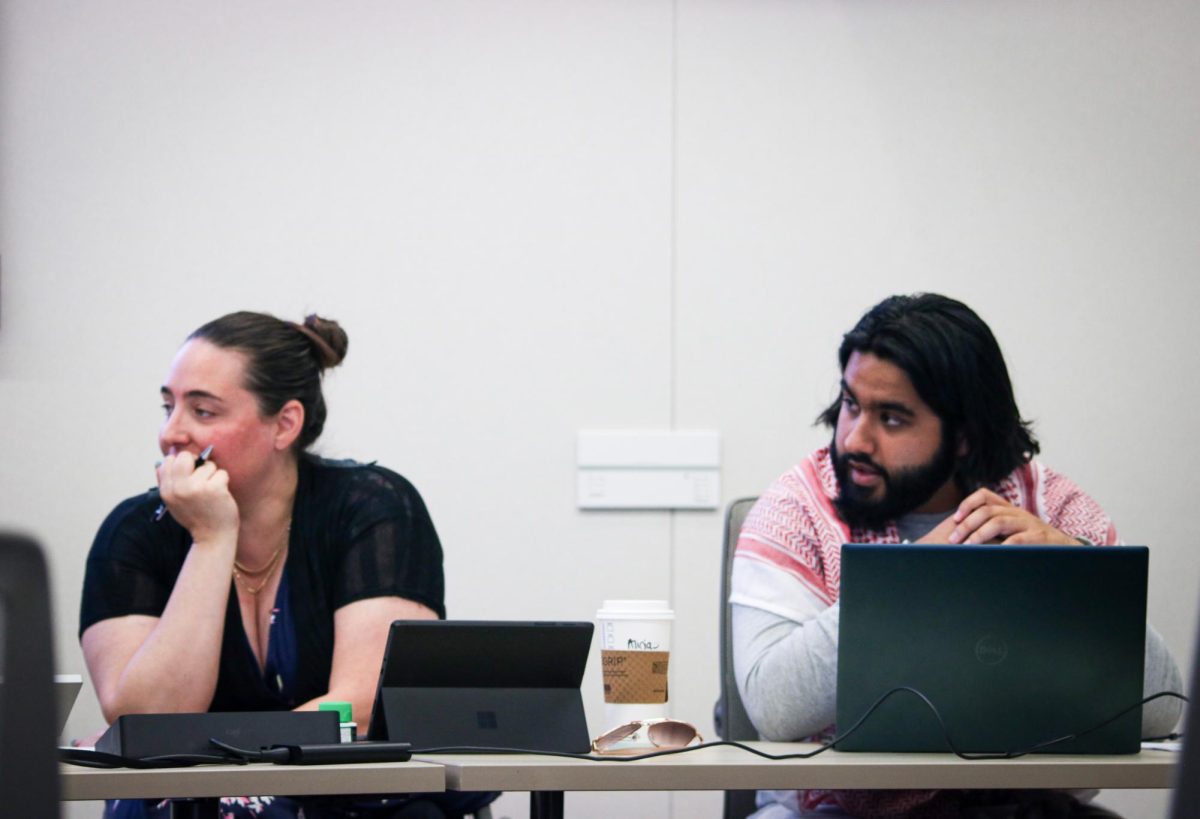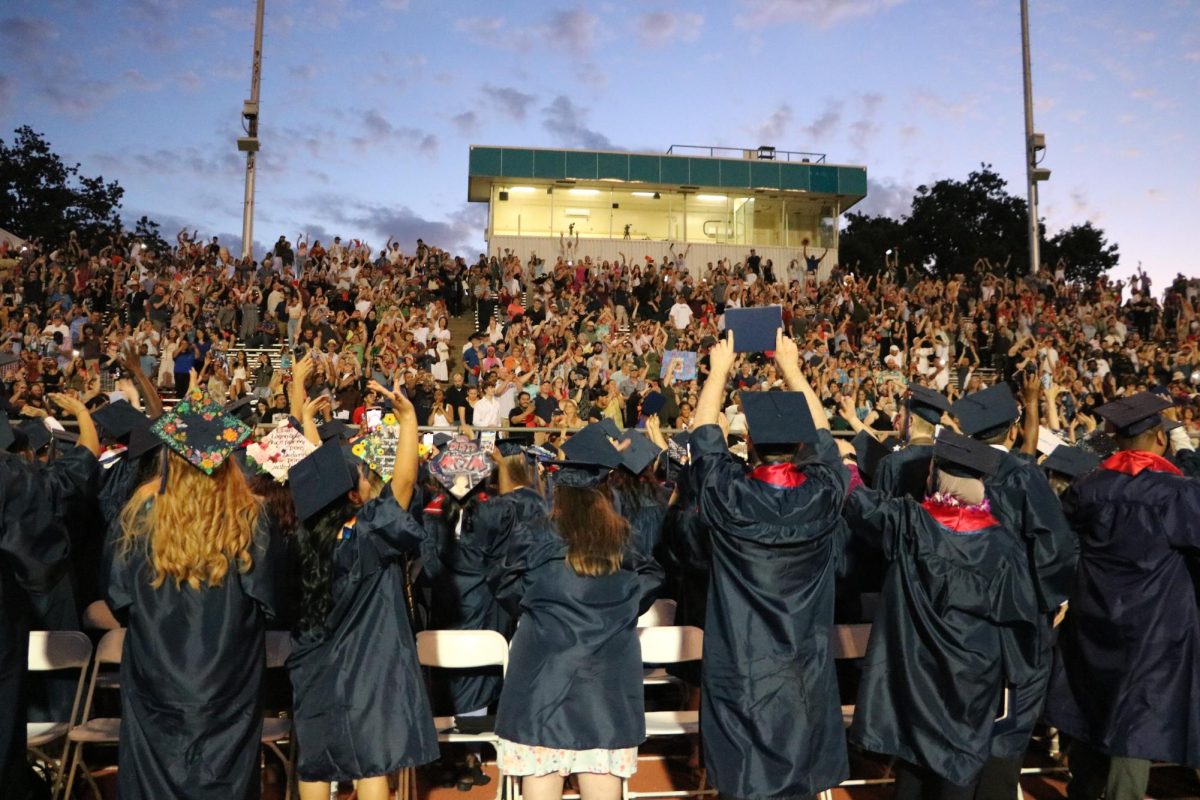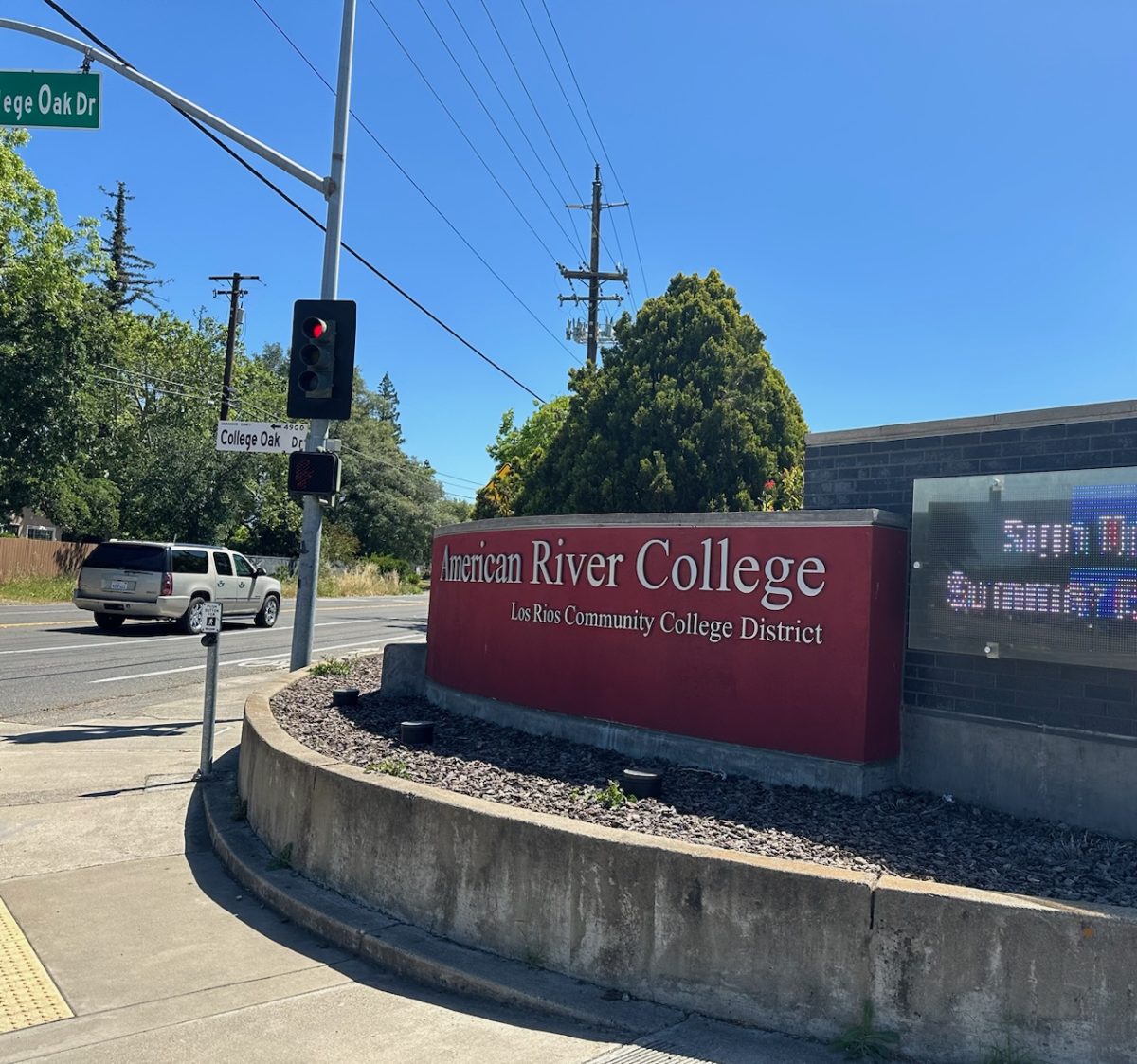The American River College community expressed frustration and doubt in Brian King, chancellor of the Los Rios Community College District, at two town halls hosted by Brian Knirk, president of the Academic Senate, on Oct. 2 the first at 9 a.m. and another at 2 p.m. on ARC’s main campus.
The town halls were scheduled to address the abrupt closure of Davies Hall, which was shut down Sept. 8 after experts had determined the building could suffer a catastrophic failure if an earthquake or high winds hit the building. Faculty were given a 24-hour warning to remove personal belongings from their offices.
“Our purpose for today is to clarify the events that led to the abrupt closure of Davis Hall on Sept. 8,” Knirk said. “[And] to help the chancellor understand the impacts the decision and process had on faculty, students and implications to student success.”
According to Knirk, there were questions about the timeline and when everybody knew about the closure.
“The question a lot of us have is given this information in June 2022,” Knirk said. “What was communicated to the college and what contingency plans were made at that point?”
King acknowledged that ultimately, he is responsible for all communications and decisions.
“A lot of communications that I’m responsible for are not things that I would automatically read or even see in some instances,” King said. “We have a lot of communications from the division of state architects.”
Mario Rodriguez, executive vice chancellor of finance and administration for LRCCD, is responsible for the different documents for the district.
Rodriguez added that there is a FAQ website for the timeline and the documents for Davies Hall.
Rodriguez said that the June 2022 letter stated that Davies Hall was a lift slab construction, which could be dangerous in a seismic event; it recommended further analysis of the building. It took Bevier approximately 12 months to complete the analysis.
“Some of the learning is particular between Aug. 14, which is a real inflection point,” King said. “When we made the decision to close with the benefit of hindsight, we would have engaged stakeholders sooner and there was no intent to keep anything secret.”
Sarah Lehmann, a librarian at ARC, asked King to answer the question directly.
“Just give me a straight answer,” Lehmann said. “When was the first day that an ARC employee, being a manager, faculty member or staff member, was told about potential safety issues?”
King answered but did not give much more information.
“It was either August or September of 2023,” King said.
King acknowledged there are more decisions to be made that can be difficult and in the end those decisions will be made by the experts.
“It’s not just about communicating with the Senate and Union, but about working with us to come to that decision,” Knirk said. “It might have made implementation a little bit easier if we were involved.”
David Shrope-Austin, a speech professor at ARC, asked about the aging infrastructure and if it was going to affect potential students from coming to colleges in the LRCCD.
“When they see on the news that a large building on our campus has displaced 6,000 students,” Shrope-Austin said. “It says don’t go there because they’re not even maintaining their infrastructure. I just don’t understand how we got in this situation in the first place. How does this happen?”
According to King, due to the failure of a March 2020 bond on the ballot, there is no money for Davies Hall.
“That is another casualty of the pandemic,” King said. “I think a lot of these conversations we’re having are pandemic related.”
There are talks with congressional members to fund Davies Hall, according to King.
“We’re having a planning process now to figure out how we [can] find capital funds to address this need,” King said. “Attempting to find the dollars to do things in the near term is not going to be easy, but we’re going to work really hard.”
William Robey, director of public relations for the student center at ARC, brought up actions that should have happened when the letter was received from the structural engineer in August 2023.
“Although this was not a guarantee that we would have to leave the building,” Robey said. “This would have been a time built to [let] professors and students know the possibility of having to evacuate for the future to prepare themselves.”
According to Robey, the ARC website does not allow the reservation of community rooms, board rooms or classrooms due to the closure of Davies Hall.
“How does an organization on campus make decisions on funding without the space?,” Robey said. “We want students to be engaged on campus, but we aren’t giving them the resources needed for that.”
Chris Padget, a behavior and social sciences professor at ARC, also voiced his frustration with King.
“Why are you trying to destroy our college?” Padget said.
King said that there was no intention to destroy the school.
“The goal was to make faculty and students safe and put that as a priority,” King said. “That remains a top priority as does building a future that will better serve our students.”
Erica V. West Oyedele, a coordinator and professor of humanities at ARC, shared her feelings about the mixed messages about moving classes online for two weeks.
“We all want safety for our faculty and students,” West Oyedele said. “I found it extremely disrespectful when I heard that. I talk with students every day. I know what they want.”
West Oyedele explained that the words used minimized the impact experienced by faculty.
“Don’t try to pit students and faculty against each other because that is what occurred,” West Oyedele said. “That’s just not appropriate.”
According to Lisa Cardoza, president of ARC, a lot of work went into trying to get classes back in-person and when the notification went out, it was uncertain if they could.
“Our priorities were to find classrooms, and even though we had identified about 80%, we didn’t know if we would be able to transition them quickly,” Cardoza said.
Cardoza went on to explain that operations staff worked overtime and administration worked to find classrooms that would fit and deans scrambled to find any additional space.
“We knew it wouldn’t be perfect,” Cardoza said. “We could have been better if we would have shared where we were at in the process.


